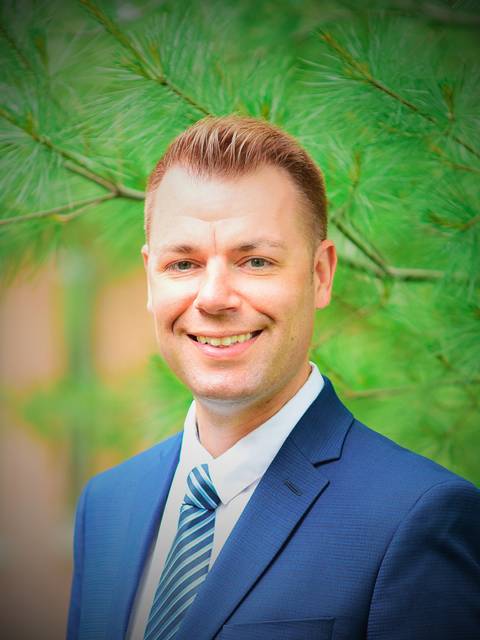This interactive workshop equips human service professionals with the tools to navigate complex situations. Learn conflict resolution, communication styles, and how to address ethical dilemmas with clients and colleagues.
| Series | Ethics and Boundaries |
|---|---|
| Next Session | Dec. 13, 2024 | 8:30 a.m. to 12:30 p.m. |
Navigating Difficult Conversations
Ethics & Boundaries has never been this fun to learn! You will learn and enhance professional skills in conflict resolution and understanding conflict theories. Exploring difficult crucial conversations; you will build skills in the 5 Essentials to Navigating Difficult Conversations with peers and gain the ability to hold colleagues accountable when needed. Communication styles and mitigation of risk is examined through personal and professional review of workplace culture. This workshop focuses on appropriate ethics and boundaries in client-social worker, therapist, counselor, and peer-to-peer relationships. Workbook activities, case scenarios and personal reflection will help develop ethical, reflective practices, communication skills, and cooperative confrontation when facing ethical challenges with clients, colleagues, and agencies. We will examine how appreciation in the workplace can relieve ethical dilemmas and improve decision-making. You will not learn this content anywhere else!
Learning Objectives:
- Understand the importance of client/patient rights; above and beyond the rights of clinicians and the agencies they represent.
- Examining personal values and personality characteristics that encourage or hinder one’s ability to step forward and report unethical behavior.
- Evaluate personal responsibility and choices made in one’s practice and how these choices have/have not prevented further ethical violations or improved ethical practice in the workplace.
- Understand and apply the Code of Ethics and the Code of Conduct (MPSW 20), and our ethical principles and boundaries when making critical decisions in exposing ethical challenges in practice.
- Demonstrate understanding of the Code of Ethics and Code of Conduct (MPSW 20), ethical principles, and boundaries applied to specific ethical dilemmas when confronting challenges with co-workers, utilizing the Nine Step Ethical-Decision Making Model.
This program meets Wisconsin Ethics and Boundaries continuing education requirements for human service professionals.
Who should attend
Human service professionals such as social workers, professional counselors, therapists, and psychologists.
Instructors
-

Dana Johnson, from Wisconsin, is a career social worker, practicing in senior-level management in state government, county human services, an educator in higher education, and operating a consulting and professional development firm. His experience includes child welfare practice, policy, and reform; transformational organizational leadership and culture change, supervision of teams, continuous quality improvement, and dynamic equity, diversity, and inclusion efforts across micro, mezzo, and macro systems.